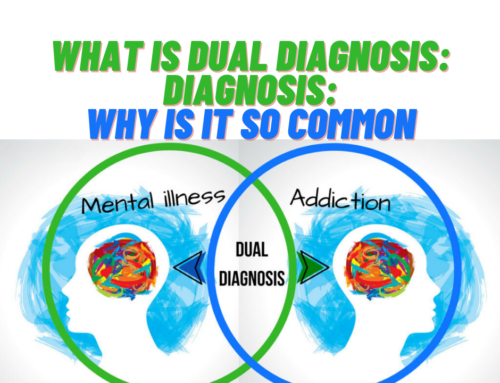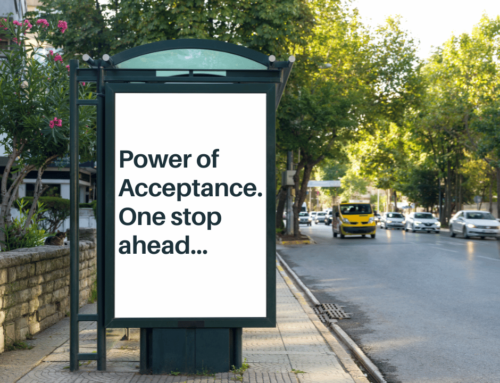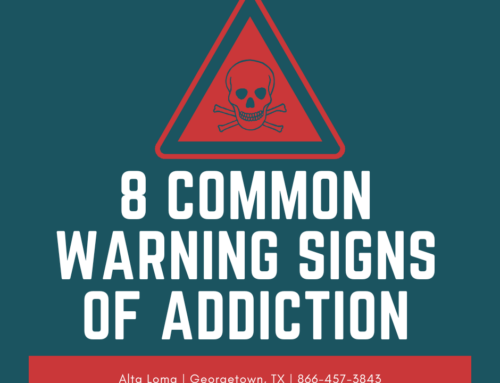On March 11, 2020, Suzanne Rybak admitted her son, Jameson, to the emergency room to treat his opioid addiction. While the emergency room gave Jameson medication to treat his withdrawal symptoms, they failed to secure continuing care for him at an inpatient facility, causing him to leave the hospital with no plan on how to stay sober.
Three months later, Jameson died of an opioid overdose. If emergency rooms took on more opportunities to ensure that opioid abuse patients got the long-term help they need, more lives would be saved.
How Emergency Room Treatment Can Work
Jameson’s story exemplifies how an emergency room staff is not always equipped to deal with substance use disorders. Nationwide, hospitals are trying their hardest to offer more treatment services for addiction, but progress has been slow.
In South Carolina, a state-funded program by the Medical University of South Carolina and the Mosaic Group created a system to screen patients for addiction, employ individuals in recovery to work with those patients, and offer medication for opioid use disorder in the emergency room setting.
This initiative took place in seven ERs last month. However, many patients are still uninsured and cannot afford the lifesaving interventions available to them.
Charity Care
Nonprofit hospitals are required by the federal government to lower or eliminate bills for those who lack the resources to pay. This “charity care” helps nonprofit hospitals maintain their tax-exempt status.
Uninsured patients are screened at the time of registration, and if they are unable to pay or ineligible for governmental insurance, they are given an application. Some patient advocates like Suzanne are never told about these opportunities. Information is sometimes vague, and programs like this can be overlooked.
The Aftermath of Jameson’s Death
Months after Jameson’s death, Suzanne got a hospital bill of $4,928 for his night in the ER. Even though she told the hospital her son died, she still received another bill addressed to him after. Suzanne shredded the bill and sent it to the hospital with a copy of Jameson’s death certificate.
Twelve days later, the healthcare system wrote that the bill was taken care of under the charity care program. If more hospitals used a charity care program at the outset, more lives could be saved for those struggling with substance use disorders who are uninsured.
Suzanne Rybak lost her son, Jameson, from an opioid overdose. The ER failed to take care of her son after failing to inform them of the financial aid options he could have had towards an inpatient rehab that would have potentially saved his life. If more hospitals incorporated strategies like charity care, more people would have a better shot at recovery. At Alta Loma, we understand the struggles of addiction, and we are here to help you. Located in Georgetown, Texas, we can provide you with 12-Step programs, medication management, individualized therapy, and more. Give us a call at (866) 457-3843 for more information.



